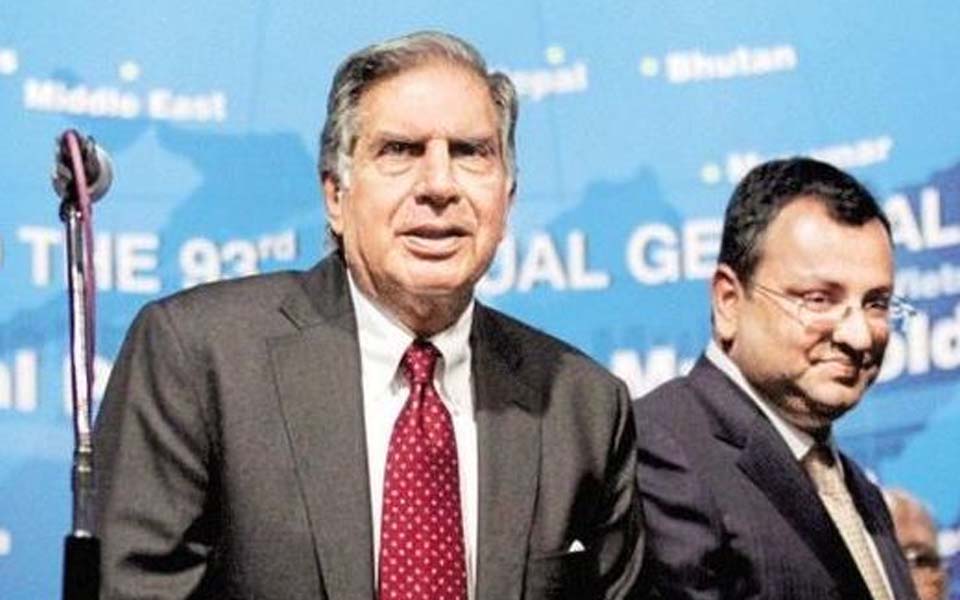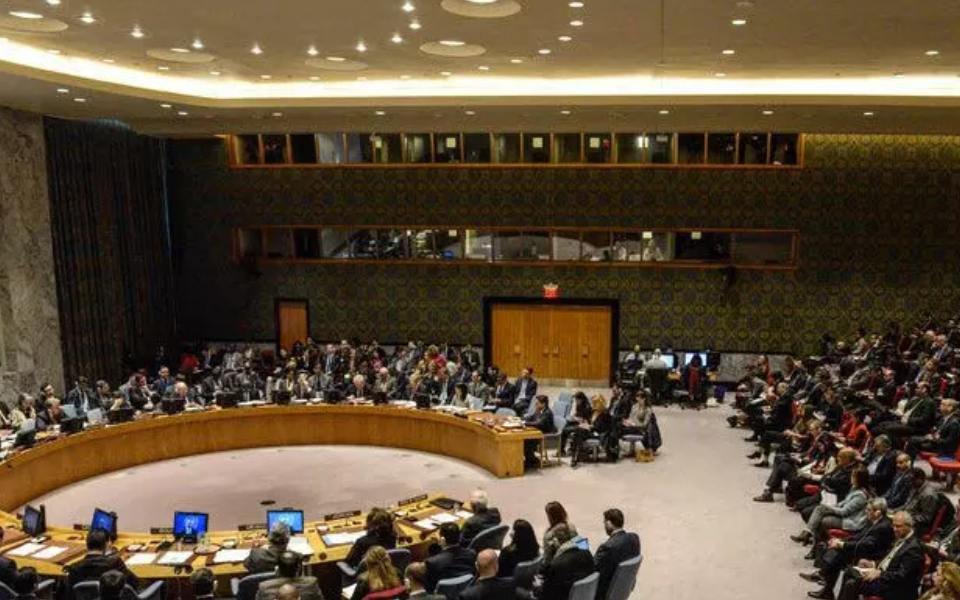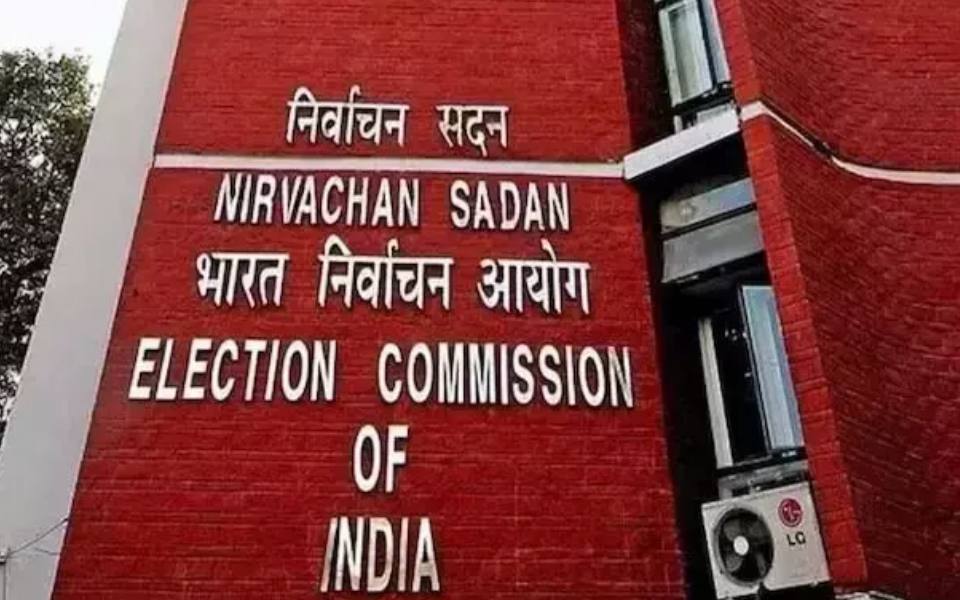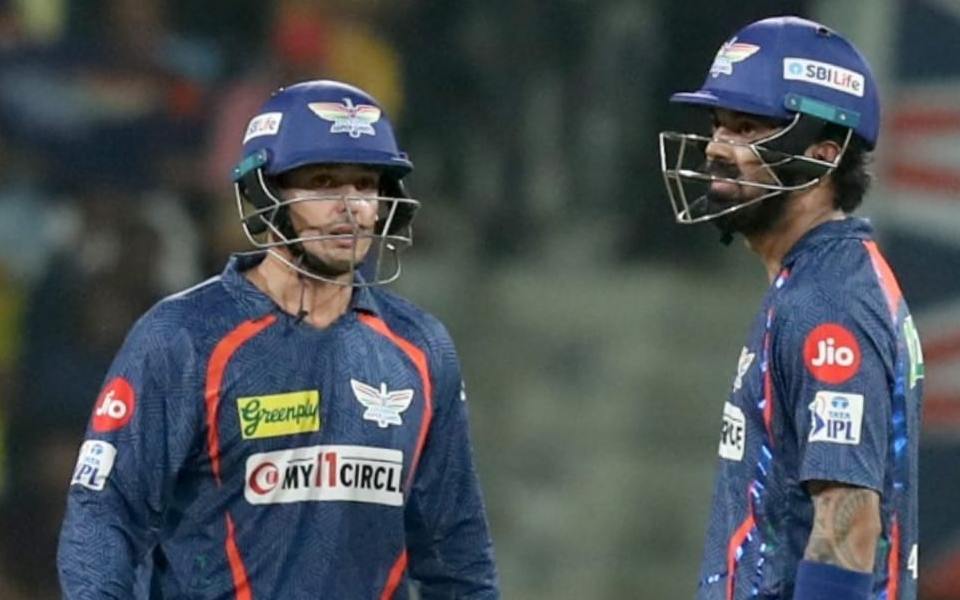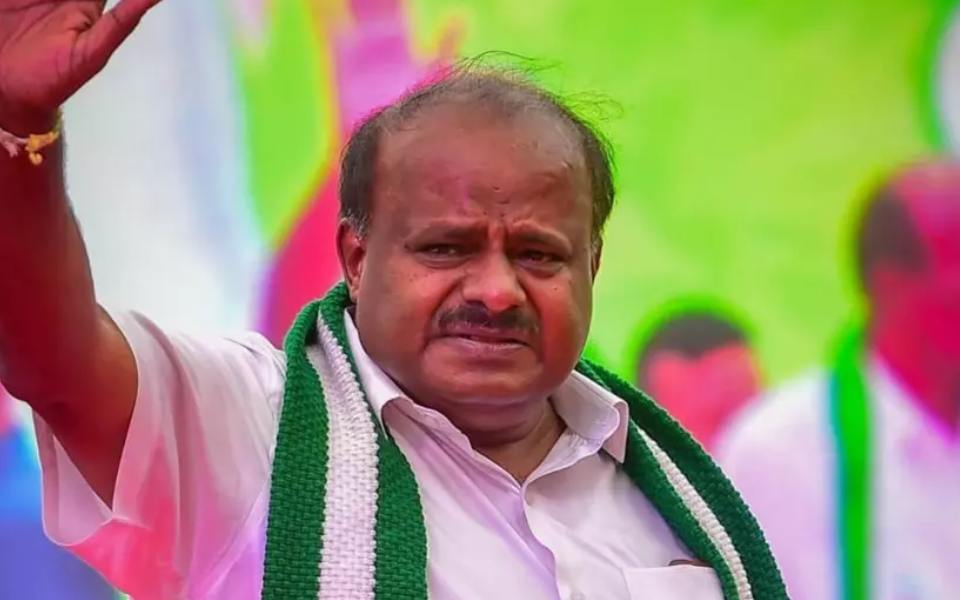New Delhi, Dec 18: In a big win for Cyrus Mistry, a company law appeals court on Wednesday restored him as executive chairman of Tata Sons and ruled that appointment of N Chandrasekaran as head of the holding company of over USD 110 billion salt-to-software conglomerate was illegal.
The National Company Law Appellate Tribunal (NCLAT) held that the group's chairman emeritus Ratan Tata's actions against Mistry were oppressive and the appoint of the new chairman illegal. It, however, stayed the operation of the order with respect to reinstatement for four weeks to allow Tatas to appeal.
Setting aside a lower court order, the NCLAT also quashed the conversion of Tata Sons into a private company from a public firm. It also directed Tata Sons not to take any action against Mistry, whose family owns some 18 per cent interest in Tata Sons.
The remaining 81 per cent is held by Tata Trusts and Tata Group companies along with Tata family members.
Mistry, scion of the wealthy Shapoorji Pallonji family, had in December 2012 succeeded Ratan Tata as the Executive Chairman of Tata Sons, a post that also made him the head of all Tata group listed firms such as Tata Power and Tata Motors. In an overnight coup, he was removed as the Chairman of Tata Sons in October 2016. Along with him, the entire senior management too was purged and Ratan Tata was back at the helms of affairs four years after he took retirement.
Mistry challenged the removal before the Mumbai bench of National Company Law Tribunal but lost and then went in for appeal at the NCLAT.
Tatas had cited alleged failure of Mistry to "deliver on the promises that he had made at the time of his selection as the Chairman" and inability to lead the group in a cohesive manner and failure in providing proper guidance and support to the group as the reasons for his sacking.
Mistry had contended that he was removed because of his "efforts to remedy past acts of mismanagement", for resisting interference of Ratan Tata and for instituting a formal governance framework to regulate the role of the Tata Trusts. The "legacy hotspots" included shutting down the small car Nano project; cutting losses with expensive decisions in firms such as Indian Hotels Company Ltd (IHCL) and Tata Teleservices Ltd; and Air Asia fraud.
While Mistry termed the NCLAT judgment as "victory for the principles of good governance and minority shareholder rights", Tata Sons said the NCLAT order appears to have gone beyond the specific reliefs sought by Mistry and it was not clear as to how the NCLAT order seeks to over-rule the decisions taken by shareholders of Tata Sons and listed Tata operating companies at validly constituted shareholder meetings.
"The proceedings of the sixth meeting of the Board of Directors of Tata Sons Ltd held on Monday, October 24 2016 so far as it relates to removal and other actions taken against Cyrus Pallonji Mistry is declared illegal and is set aside. In the result, Cyrus Pallonji Mistry is restored to his original position as Executive Chairman of Tata Sons Ltd and consequently as Director of the Tata companies for rest of the tenure," the NCLAT said in its order.
As a sequel thereto, the appointment of Chandrasekaran, who replaced Mistry, "is declared illegal," it said.
The NCLAT ordered Ratan N Tata and the nominee of the Tata Trusts to "desist from taking any decision in advance which requires majority decision of the Board of Directors or in the Annual General Meeting".
Also, the company, its Board of Directors and shareholders were ordered not to exercise power under Article 75 against Mistry.
Powers under Article 75 had not been exercised since inception and "can be exercised only in exceptional circumstances and in the interest of the company, but before exercising such power, reasons should be recorded in writing and intimated to the concerned shareholders whose right will be affected, it said.
Mistry was the sixth chairman of Tata Sons and had a tenure up to March 2017. The NCLAT order gives him five more months at the helm of Tata Sons if the said order is not stayed or overturned by the Supreme Court.
Declaring the decision of the Registrar of Companies to change character of Tata Sons from public company to private one as "illegal", NCLAT asked the RoC to correct records to show the company as public company.
The court also stated that some observations in the July 9, 2018 judgment passed by the NCLT were "inappropriate and avoidable".
These included appreciating activities of Tata Sons and highlighting its products, which had no bearing on merits of the case, it said, adding certain observations against Mistry were "undesirable and based on extraneously sourced material not on record".
Stating that such observations cast "impact on the reputation" of Mistry, the NCLAT expunged those remarks while setting aside the July 9, 2018 Judgment of NCLT, Mumbai.
After the judgment was pronounced, Tata Sons counsel prayed for suspension of part of the judgment reinstating Mistry.
"With a view to ensure smooth functioning of the company, while we are not inclined to suspend the Judgment pronounced today in its totality, but suspend the part of the Judgment so far as it relates to replacement of the present Executive Chairman and reinstatement of Mistry for a period of four weeks," the NCLAT said. "Rest of the Judgment and Directions including the direction to reinstate Cyrus Pallonji Mistry as Director of the company and directors of three Tata companies shall be complied forthwith."
Let the Truth be known. If you read VB and like VB, please be a VB Supporter and Help us deliver the Truth to one and all.
United Nations, Apr 19: The US has vetoed a resolution in the UN Security Council on the latest Palestinian bid to be granted full membership of the United Nations, an outcome lauded by Israel but criticised by Palestine as “unfair, immoral, and unjustified".
The 15-nation Council voted on a draft resolution Thursday that would have recommended to the 193-member UN General Assembly “that the State of Palestine be admitted to membership in the United Nations.”
The resolution got 12 votes in its favour, with Switzerland and the UK abstaining and the US casting its veto.
To be adopted, the draft resolution required at least nine Council members voting in its favour, with no vetoes by any of its five permanent members - China, France, Russia, the United Kingdom and the United States.
Palestinian attempts for recognition as a full member state began in 2011. Palestine is currently a non-member observer state, a status that was granted in November 2012 by the UN General Assembly.
This status allows Palestine to participate in proceedings of the world body but it cannot vote on resolutions. The only other non-member Observer State at the UN is the Holy See, representing the Vatican.
Israel’s Foreign Minister Israel Katz praised the US for vetoing what he called a “shameful proposal.”
“The proposal to recognise a Palestinian state, more than 6 months after the largest massacre of Jews since the Holocaust and after the sexual crimes and other atrocities committed by Hamas terrorists was a reward for terrorism”, Katz wrote on X, after the US veto.
US Ambassador Robert Wood, Alternative Representative for Special Political Affairs, said in the explanation of the vote at the Security Council meeting on Palestinian membership that Washington continues to strongly support a two-state solution.
“It remains the US view that the most expeditious path toward statehood for the Palestinian people is through direct negotiations between Israel and the Palestinian Authority with the support of the United States and other partners,” he said.
“This vote does not reflect opposition to Palestinian statehood, but instead is an acknowledgement that it will only come from direct negotiations between the parties.”
Wood said there are “unresolved questions” as to whether Palestine meets the criteria to be considered a State.
“We have long called on the Palestinian Authority to undertake necessary reforms to help establish the attributes of readiness for statehood and note that Hamas - a terrorist organisation - is currently exerting power and influence in Gaza, an integral part of the state envisioned in this resolution,” he said, adding that “For these reasons, the United States voted “no” on this Security Council resolution.”
Wood noted that since the October 7 attacks last year against Israel by Hamas, US President Joe Biden has been clear that sustainable peace in the region can only be achieved through a two-state solution, with Israel’s security guaranteed.
"There is no other path that guarantees Israel’s security and future as a democratic Jewish state. There is no other path that guarantees Palestinians can live in peace and with dignity in a state of their own. And there is no other path that leads to regional integration between Israel and all its Arab neighbours, including Saudi Arabia,” he said.
The Palestinian Authority President, Mahmoud Abbas, sharply criticised the US veto, saying that it was “unfair, immoral, and unjustified, and defies the will of the international community, which strongly supports the State of Palestine obtaining full membership in the United Nations.”
Riyad Mansour, Permanent Observer of the State of Palestine, said that “our right to self-determination has never once been subject to bargaining or negotiation.
“Our right to self-determination is a natural right, a historic right, a legal right. A right to live in our homeland Palestine as an independent state that is free and that is sovereign. Our right to self-determination is inalienable...,” he said.
Getting emotional and choking up as he made the remarks, Mansour said that a majority of the Council members “have risen to the level of this historic moment” and have stood “on the side of justice, freedom and hope.”
He asserted that Palestine’s admission as a full member of the UN is an “investment in peace.”
On April 2, 2024, Palestine again sent a letter to UN Secretary-General Antonio Guterres requesting that its application for full UN membership be considered again.
For a State to be granted full UN membership, its application must be approved both by the Security Council and the General Assembly, where a two-thirds majority of the members present and voting is required for the State to be admitted as a full member.
Earlier in the day, Guterres, in his remarks to a Council meeting on the Middle East, warned that the region is on a “knife edge”.
“Recent escalations make it even more important to support good-faith efforts to find lasting peace between Israel and a fully independent, viable and sovereign Palestinian state,” Guterres said.
“Failure to make progress towards a two-state solution will only increase volatility and risk for hundreds of millions of people across the region, who will continue to live under the constant threat of violence,” he said.
The UN, citing the Ministry of Health in Gaza, said that between October 7 last year and April 17, at least 33,899 Palestinians have been killed in Gaza and 76,664 Palestinians injured. Over 1,200 Israelis and foreign nationals, including 33 children, have been killed in Israel, the vast majority on October 7.
As of April 17, Israeli authorities estimate that 133 Israelis and foreign nationals remain captive in Gaza, including fatalities whose bodies are withheld.

